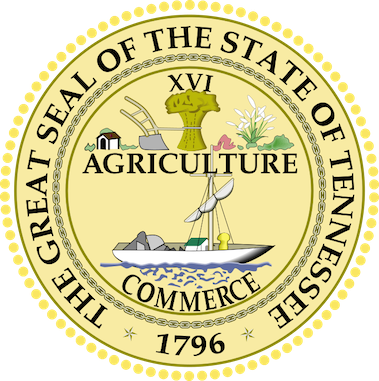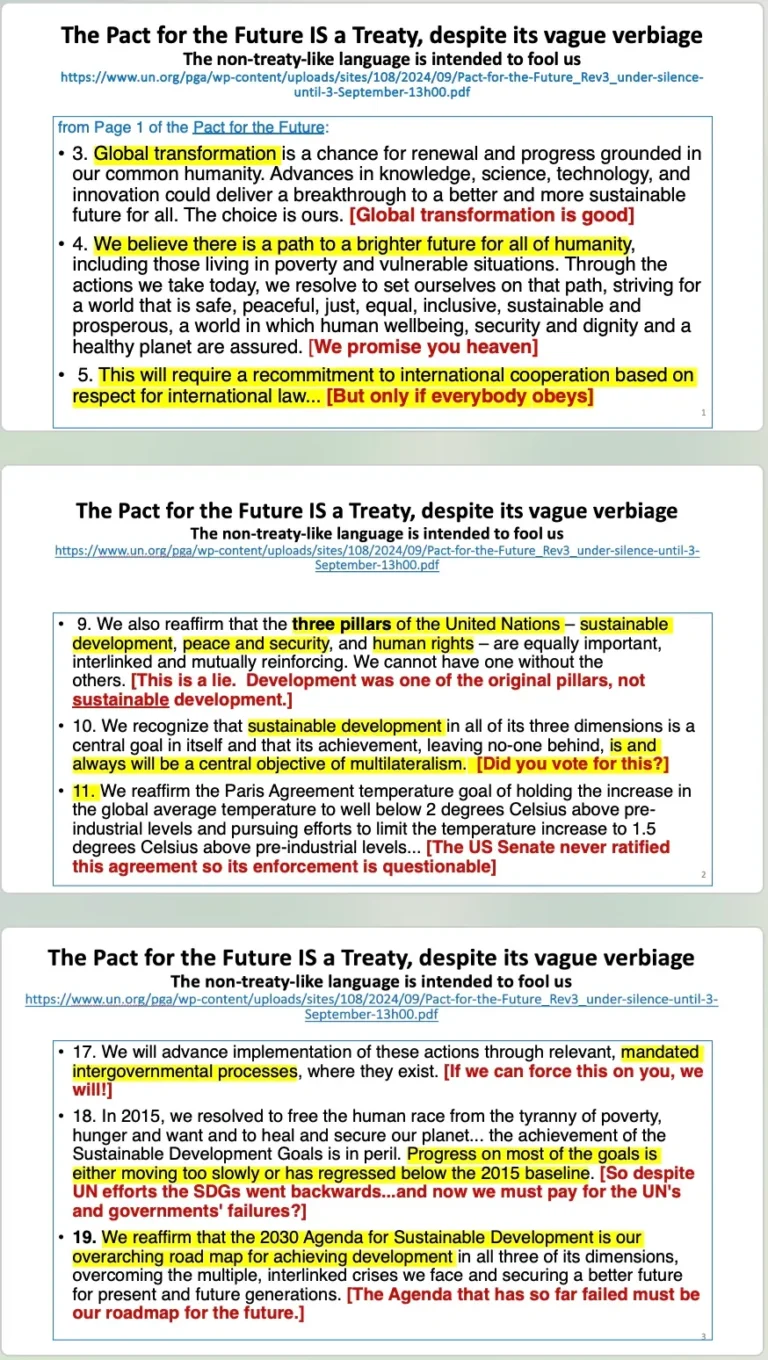Change statute interpretation:
Regulations to control of communicable disease – 42 USC 264
42 USC 264(a) promulgation and enforcement by the Surgeon General provides:
The Surgeon General, with the approval of the Administrator (Secretary), is authorized to make and enforce such regulations as in his judgment are necessary to prevent the introduction, transmission, or spread of communicable diseases from foreign countries into the states or possessions, or from one state or possession Into any other state or possession. For purposes of carrying out and enforcing such regulations, the Surgeon General may provide for such inspection, fumigation, disinfection, sanitation, pest extermination, destruction of animals or articles found to be so infected or contaminated as to be sources of dangerous infection to human beings, and other measures as in his judgment may be necessary.
The Centers for Disease Control (CDC) used this statutory provision during COVID to declare a moratorium on the eviction of renters in residential dwellings.
The FDA has cited the statute and other statutes also within the Public Health Service Act (PHSA)—42 USC 201 to 300aaa-13–as the legal basis for regulations it issued in 1987 and 1992 that banned all raw dairy products in interstate commerce other than raw cheese aged 60 days. In promulgating this regulation, FDA is essentially stating that all raw dairy products (other than aged cheese) carry communicable disease and are adulterated per se.
Whether a food is adulterated or is carrying a communicable disease is something that should be determined on an individual or a lot-by-lot basis, not on the basis of the type of food it is—that’s the way 42 USC 264(a) should be interpreted. This interpretation could begin the process of rolling back the interstate raw dairy ban and other food commerce.
FDA has also used the statute to claim it has the power to mandate Current Good Manufacturing Practices (CGMPs) for businesses that only operate in intrastate commerce. CGMPs establish, among other things, governing requirements for construction, sanitation, and equipment for food plants. About ten years ago, FDA moved the CGMP regulations from 21 CFR 110 to put them under 21 CFR 117 for the food processing regulations issued pursuant to the Food Safety Modernization Act (FSMA); 21 CFR Part 117 is titled “Current Good Manufacturing Practices, Hazard Analysis, and Risk-Based Preventive Controls”. The CGMPs are covered in Subpart B of Part 117; hazard analysis and risk-based preventive controls are in Subpart C.
The FSMA statute specifically giving FDA the rule-making authority for Part 117 is 21 USC 350g, titled “Hazard Analysis and Risk-Based Preventive Controls”. The definition of preventive controls provides that in its rulemaking, FDA may include CGMP‘s under the definition [21 USC 350g(o)(3)(F)]. It does not give FDA authority to issue regulations with a separate category for CGMPs. Under Part 117 as it now stands, food producers who have a qualified or absolute exemption from the hazard analysis and preventive controls requirements in Subpart C could be subjected to CMPG requirements even if they are operating only in intrastate commerce; 21 CFR 117 should be interpreted so that producers with absolute and qualified exemptions from the requirements in Subpart C be exempt from the CGMP requirements.








